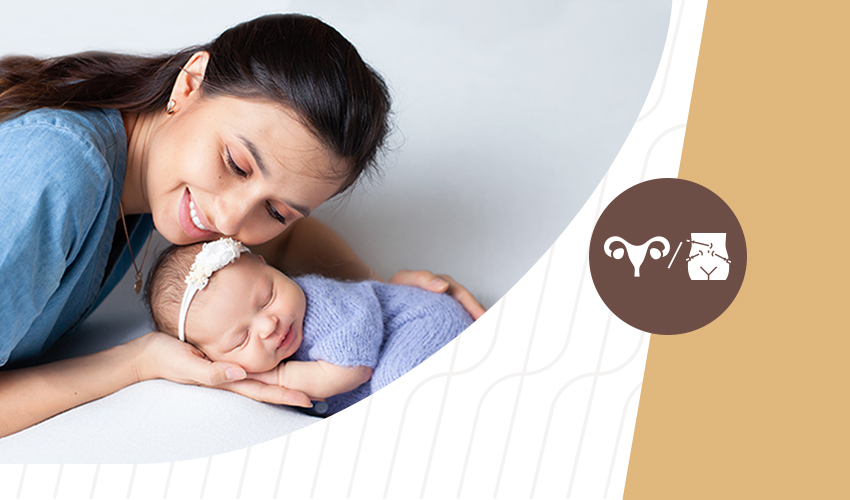- Our Doctors
- Our Specialities
Centres of Excellence
-
 Centre for Blood Diseases, BMT & Cancer Immunotherapy
Centre for Blood Diseases, BMT & Cancer Immunotherapy -
 Centre for Bone, Joint & Spine
Centre for Bone, Joint & Spine -
 Centre for Critical Care Medicine and ECMO Services
Centre for Critical Care Medicine and ECMO Services -
 Centre for Gastrosciences
Centre for Gastrosciences -
 Centre for Heart & Vascular Care
Centre for Heart & Vascular Care -
 Centre for Nephro-Urosciences
Centre for Nephro-Urosciences -
 Centre for Neurosciences
Centre for Neurosciences -
 Centre for Obstetrics and Gynaecology
Centre for Obstetrics and Gynaecology -
 Centre for Organ Transplantation
Centre for Organ Transplantation
Super Speciality
-
 Advanced Diagnostic and Interventional Radiology
Advanced Diagnostic and Interventional Radiology -
 Anesthesiology & Pain Management
Anesthesiology & Pain Management -
 Clinical Nutrition and Dietetics
Clinical Nutrition and Dietetics -
 Dental and Maxillofacial Surgery
Dental and Maxillofacial Surgery -
 Dermatology
Dermatology -
 Emergency and Trauma
Emergency and Trauma -
 Endocrinology and Metabolic Disease
Endocrinology and Metabolic Disease -
 ENT and Head & Neck Surgery
ENT and Head & Neck Surgery -
 Family Medicine
Family Medicine -
 General and Laparoscopic Surgery
General and Laparoscopic Surgery -
 General Medicine
General Medicine -
 GI Onco Surgery
GI Onco Surgery -
 GI Oncology
GI Oncology -
 GI Surgery, Advanced Laparoscopy and Gastro Oncosurgery
GI Surgery, Advanced Laparoscopy and Gastro Oncosurgery
-
- Key Procedures
- Our Hospitals
- International Patient
- Contact us
-
Quick Links


Polycystic Ovarian Syndrome
Polycystic Ovary Syndrome, commonly referred to as PCOS, is a hormonal disorder that affects women of reproductive age. It is characterized by hormonal imbalances that can lead to a range of symptoms, including irregular menstrual cycles, excess hair growth, acne, and the development of small cysts on the ovaries. PCOS is a chronic condition that requires ongoing management and monitoring. Regular follow-up appointments with healthcare professionals are essential to track progress, adjust treatment plans, and address any concerns.
Causes:
- Hormonal Imbalance: PCOS is characterized by higher levels of androgens (male hormones) and insulin in the body. These hormonal imbalances can disrupt the normal functioning of the ovaries.
- Insulin Resistance: Insulin resistance occurs when the body's cells do not respond properly to insulin, leading to higher insulin levels in the blood. This can contribute to the production of excess androgens and affect ovulation.
- Genetic Factors: PCOS tends to run in families, suggesting a genetic component to its development. Specific genes and genetic variations may play a role in the development of PCOS.
Symptoms:
- Irregular Menstrual Cycles: Menstrual periods may be infrequent, irregular, or absent. Some women may also experience heavy or prolonged bleeding.
- Excessive Hair Growth (Hirsutism): Increased hair growth on the face, chest, back, or other areas of the body, often resembling male-pattern hair growth.
- Acne: PCOS can lead to persistent acne or severe outbreaks of acne on the face, chest, and back.
- Weight Gain and Difficulty Losing Weight: Many women with PCOS struggle with weight gain and find it challenging to lose weight.
- Ovarian Cysts: The presence of multiple small cysts on the ovaries, although not all women with PCOS have ovarian cysts.
Treatments
Frequently Asked Questions
Can PCOS be cured?
PCOS is a chronic condition that cannot be cured, but its symptoms can be managed effectively. Through lifestyle modifications, medications, and ongoing monitoring, PCOS can be controlled to improve hormonal balance and reduce symptoms.
Is PCOS only about fertility and reproductive issues?
No, PCOS is a complex hormonal disorder that can affect various aspects of a woman's health beyond fertility. It can impact menstrual cycles, cause excessive hair growth, acne, weight gain, and increase the risk of long-term health conditions such as diabetes and cardiovascular disease. Managing PCOS involves addressing these different aspects for overall well-being
What's the difference between PCOS and PCOD?
PCOS (Polycystic Ovary Syndrome) is a hormonal disorder characterized by hormonal imbalances, irregular periods, excess androgen levels, and ovarian cysts. PCOD (Polycystic Ovary Disease) refers specifically to the presence of multiple cysts on the ovaries without the associated hormonal imbalances. PCOS is a broader syndrome that encompasses PCOD but also includes hormonal disturbances. PCOS is diagnosed based on symptoms, hormonal imbalances, and cysts, while PCOD is primarily diagnosed through imaging findings. Consult a healthcare professional for accurate diagnosis and personalized treatment.

 +91 9393 108 108
+91 9393 108 108
















































